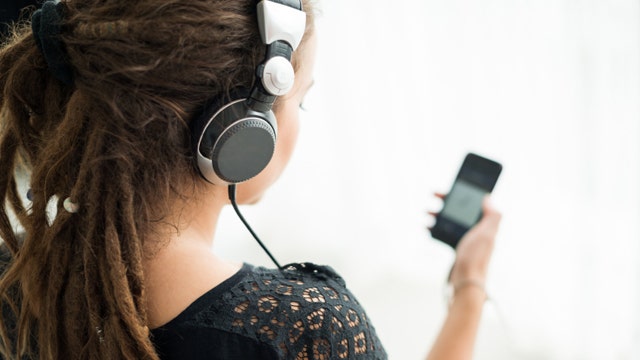Will listening to your favorite song do more harm than good?
Q&A With Dr. Manny: Could listening to music too loud on headphones cause permanent hearing loss?
Most music lovers know that turning on some tunes can help put you in a better mood.
In fact, research has shown how it can help relieve stress, reduce pain and improve your overall health. A study published in the journal PeerJ, also found that listening to classical music enhances mood, sharpens memory and enhances learning.
But as beneficial as melodies are, most people-- especially teens, are listening to music at extreme levels and could be putting themselves at risk of hearing damage.
We got this email from a viewer:
Dear Dr. Manny,
I'm constantly reading how kids are damaging their hearing from listening to music too loud-my son is always listening to music on his headphones on an ear-splitting level, could this really cause hearing loss?
Thanks,
Jenny
According to the World Health Organization (WHO), 50 percent of young adults are exposed to potentially unsafe levels from their personal audio devices. The organization also warns that volumes above 85 decibels for eight hours or 100 decibels for 15 minutes are unsafe. As a reference, the sound of loud city traffic is around 80 decibels.
“The maximum output of an MP3 player such as an iPod can get up to 115 decibels which can cause permanent hearing damage in as little as 8 to 15 minutes,” Dr. Sreekant Cherukuri, founder of MDHearingAid and an Otolaryngologist in Chicago told FoxNews.com.
Cherukuri said there are two ways to help protect yourself from permanent, noise-induced hearing loss.
“Stay away from in-the-ear headphones, which sit much closer to the ear drum and get much louder. And use the 60/ 60 rule-- no more than 60 percent of maximum volume for 60 minutes at a time and then take a break. Ears that get a rest are less likely to get damaged,” Cherukuri said.
Do you have a health question for Dr. Manny? Please send it to DrManny@FoxNews.com.

